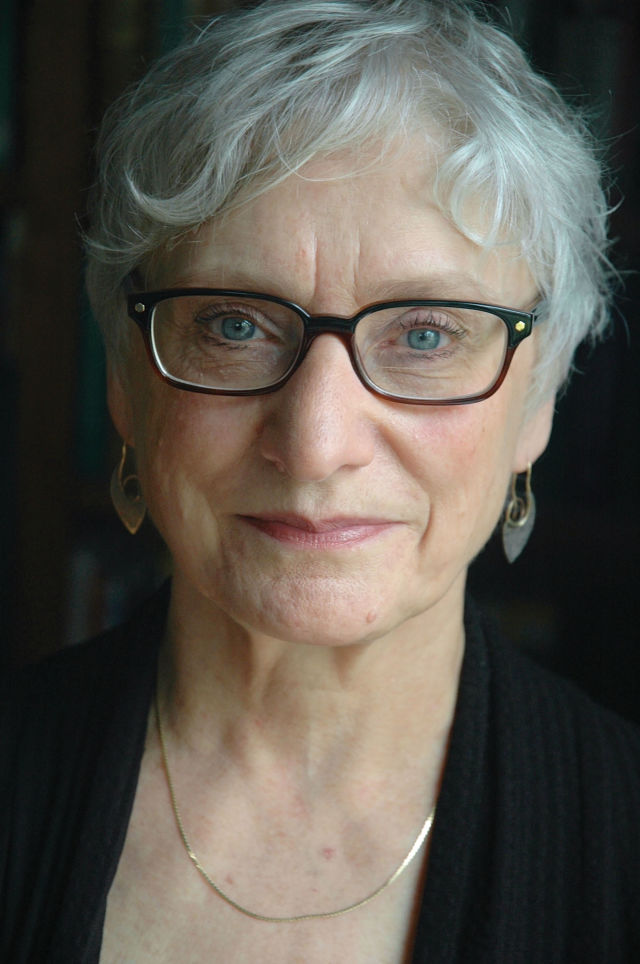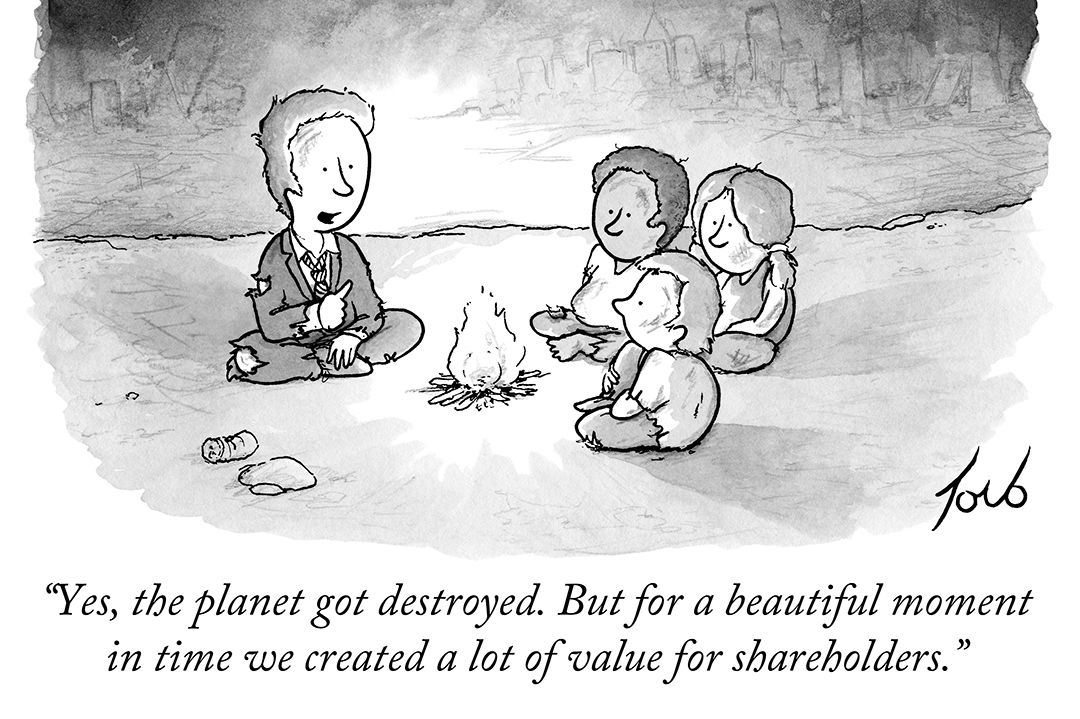Molly Gloss’s New Short Story Collection Takes On Elvis, Earthquakes, and Space Rangers

Image: Courtesy Gretchen Corbett
To some, science fiction and western fiction might seem worlds apart. Not to Molly Gloss. The 74-year-old Portland author moves freely between the genres, one moment taking on wild horses and itinerant ranch hands, and the next turning to Quakers in space and outcasts who can communicate with animals.
Best known for her novels, among them the The Hearts of Horses and Oregon Book Award–winning The Jump-Off Creek, Gloss has a new short story collection out on July 16. Unforeseen assembles 17 sharply observed, engrossing tales—some decades-old, a couple brand-new—that transcend literary classification. In one poignant story, a couple is stranded in a snowstorm. Another centers on Elvis’s stillborn twin. And the title piece draws wry humor from imagining the bureaucratic horror of human reanimation insurance.
Some of the stories in this collection were written years ago. Were any especially surprising to revisit?
“The Blue Roan” is a contemporary rural ranch life story that I had written so long ago—probably in the ’70s. I had not read it in ages and ages. It’s so old, and yet I was looking at the very same themes that I’m looking at now. The story still held together, which was astonishing to me. I was just getting started as a serious writer back then. How can that be?
What has fueled your fascination with the West?
My interest is in the way in which our cowboy mythology has shaped American culture, and that comes up almost every morning in the newspaper or on the TV. Our obsession with guns goes back to the cowboy mythology. And misogyny. Cowboy stories from the 1930s on were always male-centered. The cowboy was never comfortable with a smart woman, a strong woman. And intellectual issues—it’s considered sissy if you like reading, if you like fancy food, if you like to dress nice. It’s a deeply embedded, misogynistic thread.
The biggest thing, though, and it continues today with superhero movies, is that the cowboy hero, no matter how complicated the problem is, he always solves it with violence.
As you’re constructing your western stories, how are you coaxing things to play out differently?
There’s a lot of good parts to the cowboy hero: his bravery, his courage, his independence. He’s a guardian of women and children and animals. But he’s footloose. He has no history, no family. Our actual history of the West is not about the lone gunman. It’s about community and groups of people coming together. I’m not trying to knock down the myth. I’m trying to nudge it where it can include the women, [where] it can demonstrate community and the development of community.
In your science fiction, characters often possess subtle magical abilities or relationships. What feeds that interest?
It started as a way for me to write about western themes but get published in science fiction—nobody was publishing western stories. Take a story like “Joining,” which is about two space rangers [where] one is dying and the other is going to [commit] suicide. The cowboy trope of saddle partners—Butch Cassidy and the Sundance Kid, the Lone Ranger and Tonto—is everywhere in western fiction. I took that trope and pushed the metaphor out to the edges where if one dies, the other will also die. They can’t survive without their saddle partner, as it were.
With “Personal Silence,” there’s a little girl who thinks she’s been alive in numerous lives and has foreseen the future. I don’t even know myself whether she’s right about that. But I liked putting her there. I’ve always been interested in this sort of slipstream area—whether ESP is real, for example, [or] whether you can predict the future or read someone’s mind.
Another story imagines that Elvis Presley’s stillborn twin had survived, and that both had lived well into adulthood. What spurred that one?
I love Elvis! I wanted to give him a good life. I can’t tell you where [the idea came from]. I just have always been fascinated by Elvis’s dead twin. He did say that he felt like his twin was always with him. He would talk to his twin.
You even make Elvis a member of the Traveling Wilburys.
I had to kick out one of the actual Wilburys to make room for him.
“Everlasting Humming of the Earth,” meanwhile, is about a woman who can sense when earthquakes are coming. When it comes to your science fiction, do readers get nitpicky about scientific accuracy?
They will, but I didn’t get much of that at all [for The Dazzle of Day]. What I got instead were postings on comment boards that would say, “There’s no action. Nothing exciting happens. There’s no explosions, no laser guns, no robots. How can this be science fiction? It's all about people.” OK, I can live with that.
You took a writing workshop from Ursula K. Le Guin in 1981, and she became a mentor and friend. What did you learn from her?
I learned from her how to teach and how to critique. She was a really spectacular teacher of writing, and her way of critiquing was also spectacular. We would be looking at a story and I would think, “What can I possibly say about this story? It is so bad.” And Ursula would start by pointing to one thing—a word choice, a sentence, an idea—and would say, “This is a fabulous sentence, and this is why the person who wrote this sentence could be a good writer.” And then she would look at the story more globally and say one thing that the writer [could change], and it would always be something that a novice writer could do. And every time it was absolutely true.
What are you working on now?
I am still writing stories. [But] I’m not going to write any more novels. I’ve written, I think, pretty much everything I have to say about the cowboy mythology in American culture. And I’m a very slow writer, so the last couple of novels took me five, six years each. I don’t want to be 80 years old and just finishing a novel that I struggled with for six years. I have a brand-new grandson born in December. I have a horse. I have a life! I’ve already written enough—six novels and a collection of stories. I don’t have anything left to prove.




